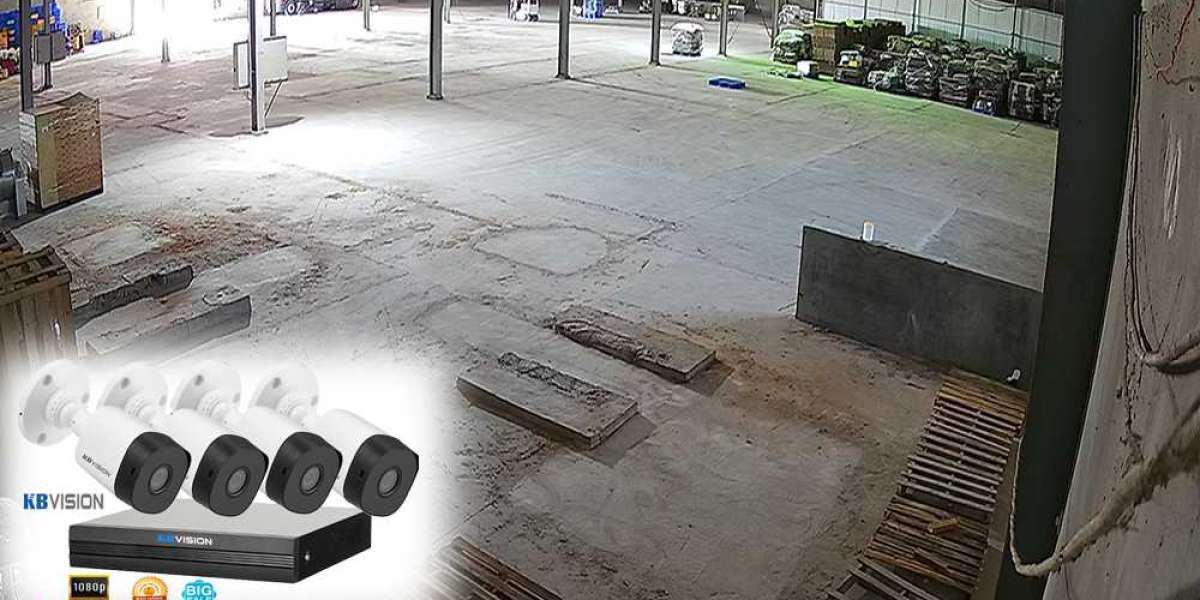Dubai, known for its strategic location, modern infrastructure, and favorable business environment, is a hub for entrepreneurs and investors looking to establish their companies. Whether you are a local or an expatriate, understanding the steps involved in setting up a Dubai Business Formation. This guide will take you through the essential steps to successfully navigate the business formation process in Dubai.
Understanding the Business Environment in Dubai
1. The Economic Landscape
Dubai has a diverse economy that is not solely reliant on oil revenues. The emirate has invested significantly in sectors such as tourism, finance, real estate, and technology. This diversification has created a dynamic business environment, making it an attractive destination for various types of businesses.
2. Free Zones vs. Mainland
Before starting a business in Dubai, it's essential to understand the difference between free zones and mainland companies.
Free Zones: These areas offer 100% foreign ownership, tax exemptions, and streamlined processes for business setup. However, free zone companies are typically limited to conducting business within the free zone or internationally.
Mainland: Setting up a mainland company allows you to trade directly with the UAE market, but it requires a local sponsor who holds at least 51% of the business shares.
Steps to Establishing Your Company in Dubai
Step 1: Define Your Business Activity
Before you begin the registration process, it’s crucial to determine the nature of your business. Dubai has specific regulations and licensing requirements based on different business activities. Common categories include:
- Trading: Buying and selling goods
- Consultancy: Providing professional advice and services
- Manufacturing: Producing goods
- Tourism: Offering travel-related services
Step 2: Choose a Business Structure
The next step is to select the appropriate business structure for your company. The most common options include:
- Sole Proprietorship: Owned by a single individual. Best for freelancers and consultants.
- Limited Liability Company (LLC): Requires a local sponsor for mainland businesses, with liability limited to the company's capital.
- Free Zone Company: Allows 100% foreign ownership, ideal for businesses focused on international markets.
- Branch Office: Allows foreign companies to establish a presence in Dubai without forming a new legal entity.
Step 3: Reserve a Trade Name
Once you’ve chosen your business activity and structure, you must select a unique trade name for your company. The name must comply with the UAE's naming conventions:
- It should not contain offensive language or references to religious or political figures.
- It must reflect the nature of the business.
You can reserve your trade name through the Department of Economic Development (DED) or the relevant free zone authority.
Step 4: Obtain Initial Approval
After securing your trade name, you need to obtain initial approval from the DED or the relevant free zone authority. This approval allows you to proceed with the business setup process. During this stage, you may need to submit various documents, including:
- A copy of your passport
- A business plan outlining your objectives
- Details of your chosen business structure
Step 5: Draft the Memorandum of Association (MOA)
For LLCs and partnerships, you’ll need to draft a Memorandum of Association (MOA) outlining the ownership structure, share capital, and responsibilities of each partner. This document must be notarized by a public notary in Dubai.
Step 6: Secure Office Space
Having a physical address is mandatory for business registration in Dubai. You can rent or lease office space, and the requirements may vary depending on whether you’re setting up in a free zone or on the mainland.
- Free Zone: You must obtain an office space within the designated area.
- Mainland: You can lease an office or even operate from a virtual office.
Step 7: Apply for Business License
Once you have completed the previous steps, you can apply for your business license. The type of license you need will depend on your business activities:
- Commercial License: For trading businesses
- Professional License: For service-based businesses
- Industrial License: For manufacturing companies
Submit the required documents to the DED or free zone authority, including:
- Completed application form
- MOA
- Lease agreement
- Passport copies of partners and managers
Step 8: Register for Taxes
In Dubai, businesses are required to register for taxation, including Value Added Tax (VAT) if their taxable supplies and imports exceed AED 375,000 annually. Ensure you comply with the UAE’s tax regulations and maintain proper accounting records.
Step 9: Open a Business Bank Account
After receiving your business license, you’ll need to open a corporate bank account in Dubai. Research and choose a bank that meets your business needs. Most banks will require:
- Business license
- MOA
- Company trade name registration
- Identification documents
Step 10: Hire Employees
If you plan to hire employees, you must comply with the UAE labor laws. This involves obtaining a work permit and visa for each employee. Ensure you understand the labor market regulations and employment contracts in Dubai.
Post-Formation Considerations
Compliance with Local Laws
Once your business is established, it’s essential to remain compliant with local laws and regulations. This includes:
- Renewing your business license annually
- Maintaining accurate accounting records
- Submitting regular tax returns
Networking and Support
Dubai has a thriving business community. Joining local chambers of commerce, business councils, and networking groups can provide valuable insights, opportunities for collaboration, and support for your business.
Conclusion
Setting up a company in Dubai can be a rewarding venture if you navigate the process correctly. By understanding the local business environment, following the steps outlined in this guide, and ensuring compliance with regulations, you can establish a successful company in one of the world's most dynamic markets. Whether you choose to operate from a free zone or the mainland, Dubai offers a wealth of opportunities for entrepreneurs and businesses ready to make their mark.








